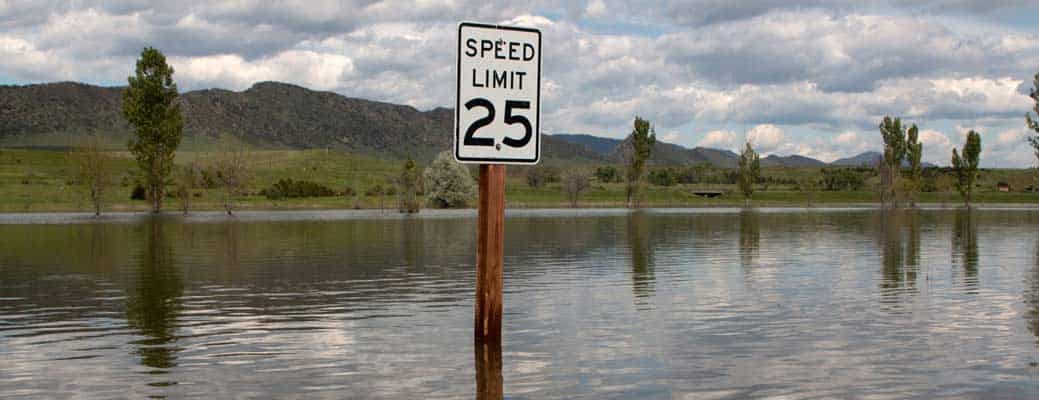How to Prepare for a Flood: Safety Tips for Your Home


More than four million houses and small apartment buildings across the contiguous U.S. have substantial risk of expensive flood damage, according to data released by the First Street Foundation. Not only is there risk to your home, but floods can pose a serious threat to your safety. Knowing how to prepare your home for a flood can make a big difference when catastrophe strikes.
At a minimum, you should know if your home is in a flood zone. But there is more you can do to ensure the safety of you and your family in a flood situation. Below we take an in-depth look at the steps you should take as storms approach.
There are helpful steps that should be taken long before a flood is imminent. First you should consider if you have flood coverage for your home. Floods are typically not covered under home insurance policies. Homeowners should consider purchasing flood insurance from a source such as the National Flood Insurance Plan (NFIP).
You’ll also want to document everything that is in your home with a home inventory. This is useful if flooding in your home leads to insurance claims and will help you remember what you own, and the value associated with your belongings. And while this may be an investment in your home, consider waterproofing your basement as it could prevent water damage that has long-term effects on your house and home value. A home emergency kit is also something that should be compiled well in advance of a storm and will include things like preserved food, first aid materials, personal hygiene items, tools and communication devices. Lastly, a flood disaster plan is something that you and your family should create together to ensure everyone is aware of the steps to take in a flood situation. This may include steps that you take shortly before water hits your home, like elevating utilities, moving furniture and switching power off.
During a flood, it’s important to know the difference between a flood watch and flood warning. A flood watch means to get prepared because conditions mean a flood could happen. A flood warning means flooding is currently happening and you are in a potentially dangerous area. During a flood watch, it’s critical to move to higher ground and evacuate immediately if told to do so. According to ready.gov, even small amounts of water accumulation can be dangerous, just six inches of moving water can knock you down, and one foot of moving water can sweep your vehicle away. Avoid driving unless it is absolutely necessary to do so.
If your home is actively flooding, be aware of the risk of electrocution and turn off the power if you’re able to safely do so. Avoid submerging yourself in the water as it may be contaminated or electrically charged from power lines. Make an effort to listen to local guidance via cell phone or radio, if possible. Authorities will use these channels to instruct residents on the safest course of action.
Do not return to your home until you’re instructed that it’s safe to do so by the authorities. Once you’re safely allowed back on the premises, you’ll want to assess all damage to your property. Take photos and videos to document the state of your home as soon as you safely can. Also consider your other property, like if your car has flood damage. These will be helpful for your insurance provider to assess the water damage.
When you start the cleanup process, it’s important to have the proper cleaning tools, like thick gloves, protective clothing and boots. Be aware that there may be mold or other toxic debris at play. Face coverings are recommended when dealing with these hazardous materials and children or anyone with asthma and other lung issues should not participate in cleanup.
Advanced preparation could be key during a flooding event. Make sure you discuss this scenario with your family and come up with a plan that you’re all aware of and feel comfortable with.